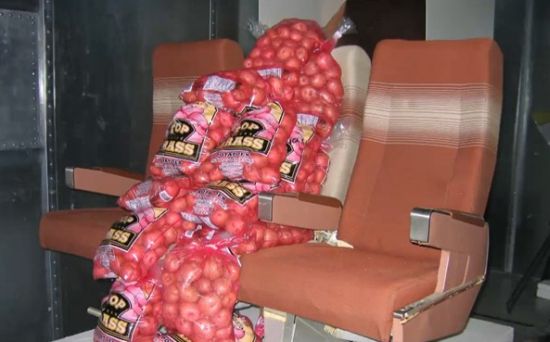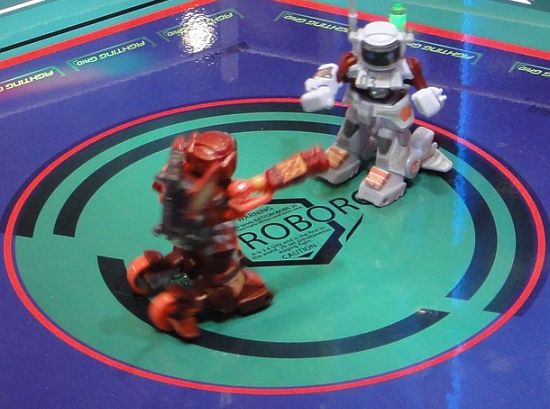Wireless signal behavior often creates problem in an enclosed airplane cabin, for passengers start moving and cause deviation within, which results in weak and strong patches of signal that disrupt connectivity in some cabins or seats. To counter the complex electromagnetic environment within the plane, Boeing engineers worked on a substitution project called the “Synthetic Personnel Using Dielectric Substitution” (SPUDS) that makes use of 20,000 pounds (over 9,000kgs) of potatoes to improve the Wi-Fi signal in cabins of their planes.
Replacing the sacks of spuds with human volunteers, to physically interact with the electronic signals like their human counterparts, during the tests, the Boeing engineers combines the potatoes with specially developed measuring and analysis tools to safely distribute of hot and cold spots and adjust the Wi-Fi setup according to the signals. The SPUDS is definitely an ideal blend of safety and creativity to enhance your flying experience.
Via: Wired




